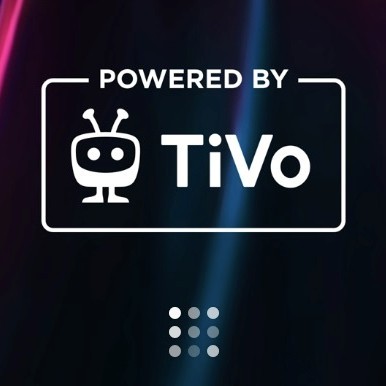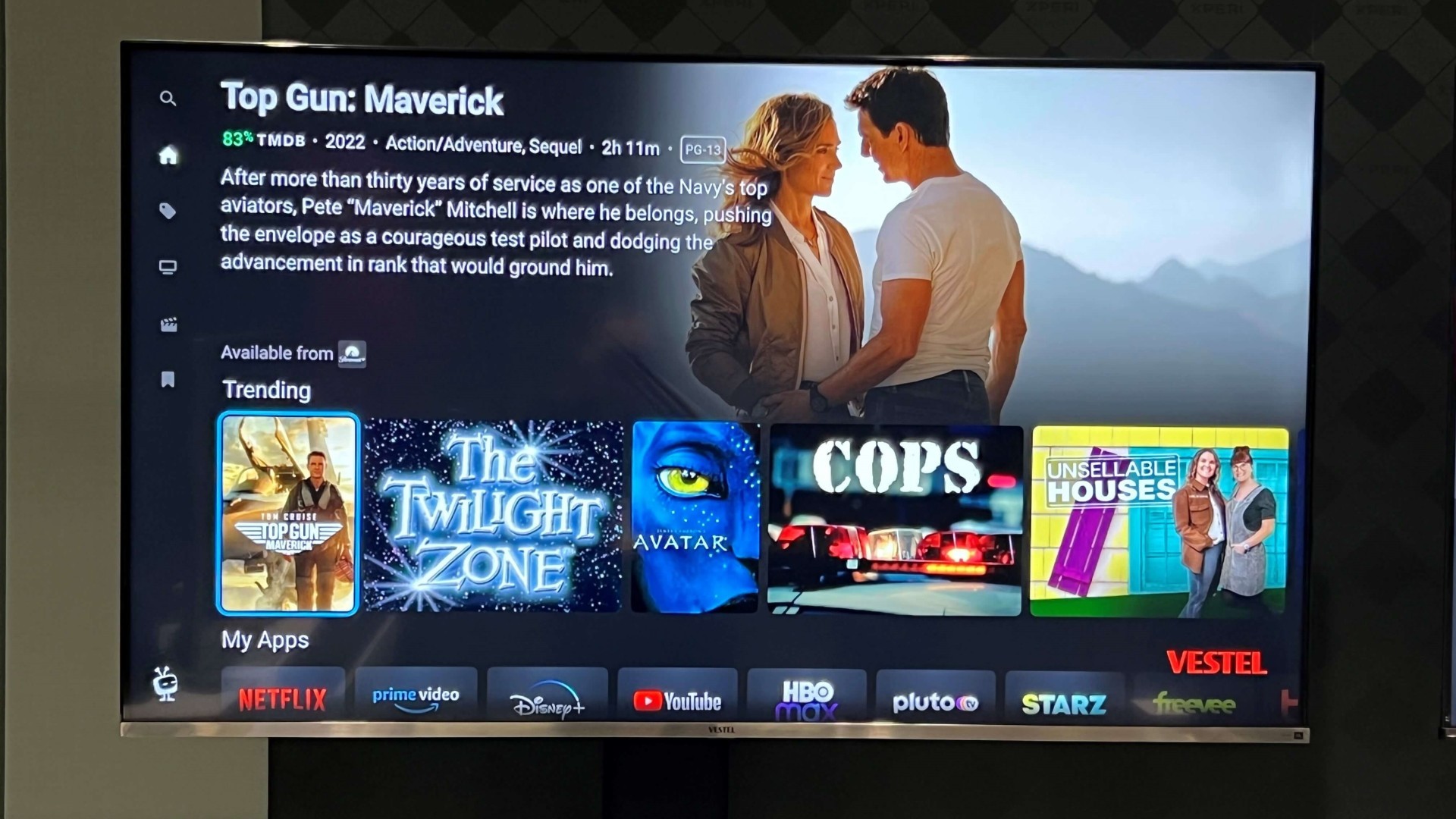Launch of first TiVo-based TVs delayed to second half of 2023
Xperi had originally planned for partner Vestel to start selling TiVo-powered connected TVs this spring. Meanwhile, Xperi has signed on a second TV partner for its initial focus on Europe.

TiVo's attack on the smart TV market will have to wait until closer to this year's holiday buying season.
Xperi, TiVo's parent company, originally expected to start selling those models in conjunction with Vestel, the company's first TV original equipment manufacturing [OEM] partner, this spring in select European markets. The delay means the launch will be pushed to the second half of 2023.
"While our software stack is ready, given market dynamics and based on retail planning with Vestel, we know expect the first shipments in Europe to be in the second half of 2023, in preparation for the holiday buying season," Xperi CEO Jon Kirchner said last week on the company's Q1 2023 earnings call.
Figure 1:  Vestel, a Turkey-based TV maker that supports brands such as Panasonic, JVC, Hitachi and Toshiba, was Xperi's first OEM partner for TV-powered TVs. Pictured is a Vestel TV running the TiVo OS demonstrated at CES 2023.
Vestel, a Turkey-based TV maker that supports brands such as Panasonic, JVC, Hitachi and Toshiba, was Xperi's first OEM partner for TV-powered TVs. Pictured is a Vestel TV running the TiVo OS demonstrated at CES 2023.
(Source: Jeff Baumgartner/Light Reading)
The delay isn't expected to alter Xperi's guidance for the year (revenues of $510 million to $540 million), "as only a small amount of monetization revenue was expected in late 2023," Kirchner said.
Xperi adds second partner to make TiVo-powered TVs
Xperi is making progress elsewhere on the smart TV front, announcing that a second "top 10" connected TV OEM is integrating the TiVo OS. Xperi didn't announce the partner; like its original deal with Vestel, the new OEM agreement also will focus on the European market.
Kirchner expects that second OEM partner to start shipping TiVo-powered TVs sometime in 2024. He said Xperi's intent is to turn this into a global business, but didn't have any specific plans or timing to share on when TiVo-powered TVs might debut in the US. "I would say, 'stay tuned,'" he said when asked about the company's smart TV prospects for the domestic market.
Xperi is putting those deals together as it prepares to make its first push into the smart TV market. Though Xperi's initial focus is on Europe, the move signals its intention to compete in a crowded market that includes Roku, Google (Google TV/Android TV), Amazon (Fire TV), Samsung (Tizen), LG Electronics (webOS), Hisense (Vidaa) and Comcast. Another player, Foxxum, is also getting into the mix with a platform based on the Reference Design Kit (RDK), a software stack managed by a joint venture of Comcast, Charter Communications and Liberty Global.
Under Xperi's approach, the TV OEM has the option to keep their brand and participate in the economics of the underlying platform, which includes advertising revenues.
Kirchner reiterated Xperi's position that its approach in the smart TV market offers "a truly independent media platform with unbiased search and discovery that is not influenced by a particular content provider or advertiser." Germany-based Foxxum also bills itself as an independent player.
Kirchner noted in February that Xperi expects to have a footprint of at least 7 million TVs powered by the TiVo OS within three years. He didn't make any changes to that expectation last week.
Overall pay-TV revenues dip as IPTV transitions progress
Elsewhere, Xperi said pay-TV, its largest revenue category, was down 6% in Q1 2023 as growth in IPTV launches and transition deals was more than offset by declines in its "core" pay-TV product lines, which includes classic guides. Xperi said its IPTV business is seeing double-digit subscriber growth, pointing to a recent win with Eastlink, a Canadian cable operator that is using TiVo's platform for upgrades across its footprint.
TiVo's push into IPTV was fueled in part by its 2021 acquisition of the assets of MobiTV.
TiVo's platform is also seeing some traction in the streaming video sector. Frndly TV, a virtual multichannel video programming distributor (vMVPD) with more than 750,000 subscribers, recently selected TiVo to help drive its search, discovery and recommendations engine. However, Frndly TV confirmed that a wave of new features for the streaming service, including a new "My Stuff" tab and "TV Series Page," are not based on TiVo's tech.
Consolidated Q1 revenues at Xperi rose 7%, to $127 million.
Related posts:
Frndly TV adds features to pay-TV streaming service (press release)
— Jeff Baumgartner, Senior Editor, Light Reading
About the Author(s)
You May Also Like












